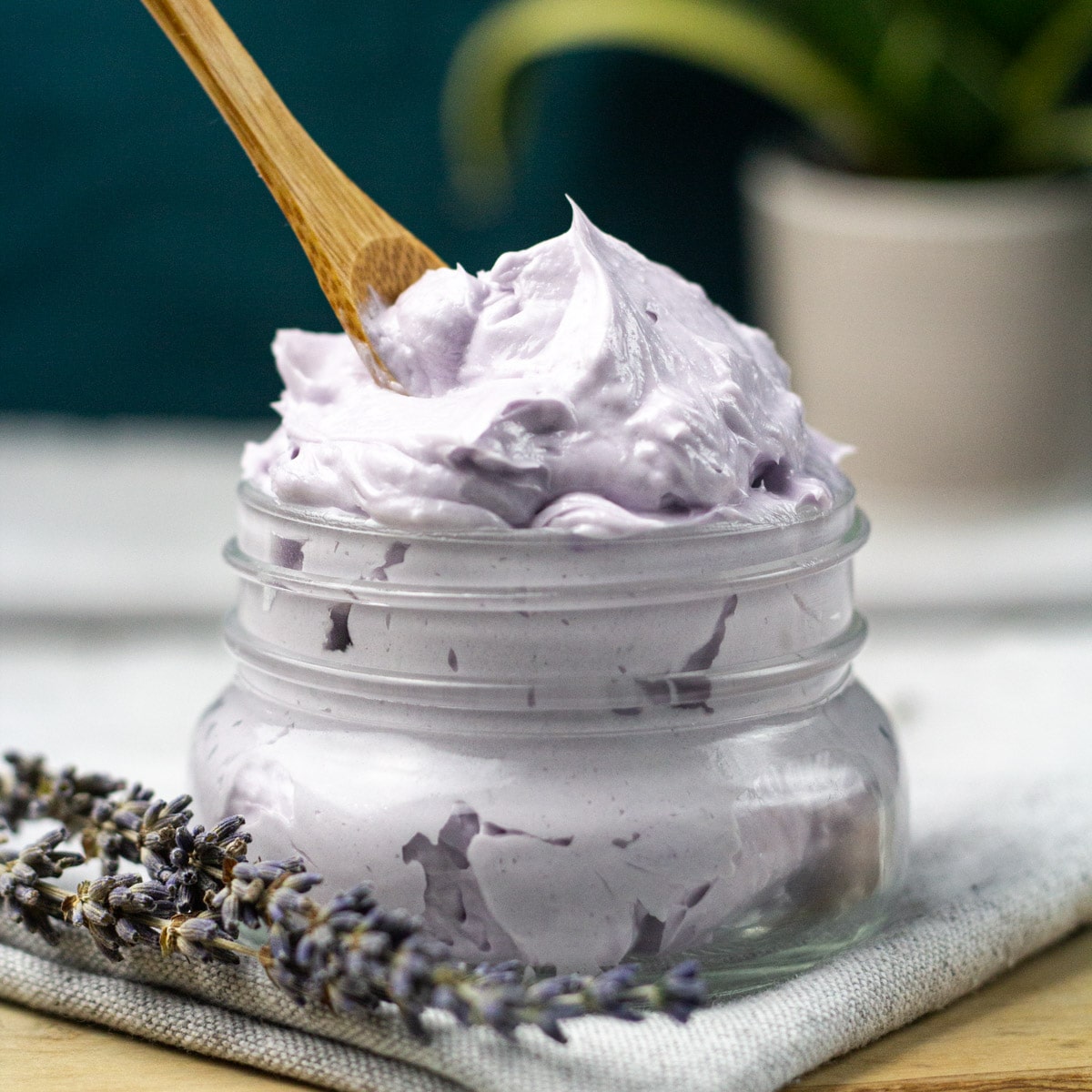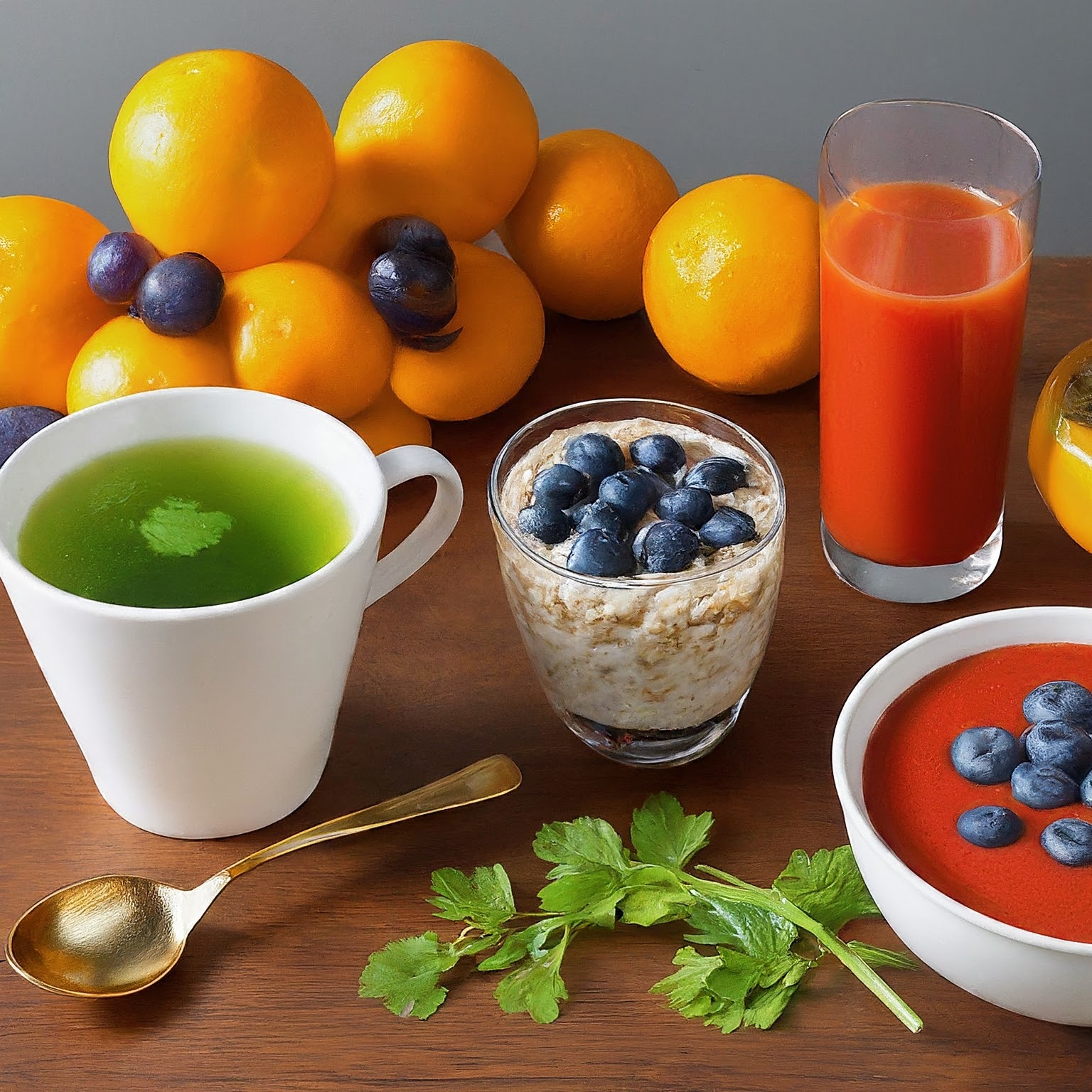- Introduction
- Ingredients for Homemade Body Butter
- Shea butter
- Coconut oil
- Sweet almond oil
- Essential oils
- Equipment Needed
- Double boiler
- Mixing bowls
- Whisk or hand mixer
- Step-by-Step Instructions
- Melting the ingredients
- Mixing the oils
- Adding essential oils
- Cooling and storing
- Packaging and Presentation
- Choosing containers
- Labeling requirements
- Pricing Your Body Butter
- Cost breakdown
- Market research
- Marketing Strategies
- Online platforms
- Local markets and fairs
- Social media promotion
- Customer Service and Feedback
- Importance of customer satisfaction
- Collecting and responding to feedback
- Expanding Your Product Line
- Experimenting with different scents and ingredients
- Offering complementary products
- Legal Considerations
- Health and safety regulations
- Trademarking your brand
- Scaling Up Production
- Outsourcing production
- Investing in equipment
- Maintaining Quality Control
- Regular ingredient sourcing
- Batch testing
- Building a Brand Identity
- Creating a compelling story
- Consistent branding across platforms
- Networking and Collaboration
- Partnering with other artisans
- Collaborating with influencers
- Conclusion
- Recap of key points
- Encouragement to start making and selling body butter
- Brief explanation of body butter
- Importance of quality ingredients
- Ingredients for Homemade Body Butter
How to Make Body Butter to Sell
Body butter is a luxurious skincare product that can be highly profitable when made with care and attention to quality. If you’re interested in starting your own body butter business, this guide will walk you through the process step by step.

1. Introduction
Body butter is a rich, moisturizing cream that nourishes the skin, leaving it soft and supple. Unlike lotions, which often contain water and preservatives, body butter is made primarily from natural oils and butters, making it a popular choice for those seeking chemical-free skincare options.
2. Ingredients for Homemade Body Butter
To make high-quality body butter, you’ll need a few key ingredients:
- Shea butter: Known for its moisturizing properties, shea butter is the base of most body butter recipes.
- Coconut oil: Adds additional moisture and helps the body butter spread smoothly onto the skin.
- Sweet almond oil: Rich in vitamins and antioxidants, sweet almond oil helps to nourish and protect the skin.
- Essential oils: These provide fragrance and additional skincare benefits. Popular options include lavender, rosemary, and peppermint.
3. Equipment Needed
Gather the following equipment before you begin:
- Double boiler: Used to melt the ingredients gently without burning them.
- Mixing bowls: Choose heat-safe bowls large enough to accommodate all your ingredients.
- Whisk or hand mixer: Essential for blending the oils and creating a smooth texture.
4. Step-by-Step Instructions
- Melting the ingredients: Place the shea butter and coconut oil in the double boiler and heat gently until melted.
- Mixing the oils: Once melted, remove from heat and stir in the sweet almond oil.
- Adding essential oils: Allow the mixture to cool slightly before adding your chosen essential oils.
- Cooling and storing: Pour the mixture into containers and allow it to cool and solidify before sealing.
5. Packaging and Presentation
Invest in attractive containers and consider adding labels with your brand name and logo. Presentation is key when selling skincare products, so take the time to create a visually appealing product.
6. Pricing Your Body Butter
Consider the cost of your ingredients, packaging, and labor when setting your prices. Research competitors’ pricing to ensure your products are competitive in the market.
7. Marketing Strategies
Utilize online platforms such as Etsy or Shopify to reach a wider audience. Attend local markets and fairs to showcase your products, and leverage social media to connect with potential customers.
8. Customer Service and Feedback
Provide excellent customer service and actively solicit feedback from your customers. Use their input to improve your products and build brand loyalty.
9. Expanding Your Product Line
Once you’ve established your body butter business, consider expanding your product line to include other skincare products such as bath bombs or lip balms.
10. Legal Considerations
Ensure that you comply with all health and safety regulations when manufacturing and selling skincare products. Consider trademarking your brand to protect your intellectual property.
11. Scaling Up Production
As demand for your products grows, you may need to invest in equipment or outsource production to meet demand while maintaining quality.
12. Maintaining Quality Control
Regularly test your products to ensure they meet your quality standards. Source your ingredients from reputable suppliers to maintain consistency.
13. Building a Brand Identity
Create a compelling brand story that resonates with your target audience. Consistent branding across all platforms will help you stand out in a crowded market.
14. Networking and Collaboration
Collaborate with other artisans or influencers to expand your reach and connect with new customers.
15. Conclusion
Making and selling body butter can be a rewarding business venture for those passionate about skincare. By following these steps and focusing on quality and customer satisfaction, you can create a successful body butter business.
FAQs
- Is it expensive to start a body butter business? Starting a body butter business can be relatively affordable, especially if you start small and gradually scale up as demand grows.
- Do I need to have formal training in skincare to make body butter? While formal training can be beneficial, many successful body butter makers are self-taught. There are plenty of resources available online to help you learn the necessary skills.
- Can I sell body butter without a business license? It’s essential to check the regulations in your area, but in most cases, you will need a business license to sell body butter legally.
- How long does homemade body butter last? When stored properly in a cool, dark place, homemade body butter can last for up to six months.
- Are there any potential allergens in body butter? Some people may be allergic to ingredients commonly found in body butter, such as nuts or essential oils. Always list your ingredients clearly and offer alternatives for customers with allergies.
Read more: Breathe Easy: 5 Essential Respiratory Exercises for Healthy Lungs










Leave a Reply